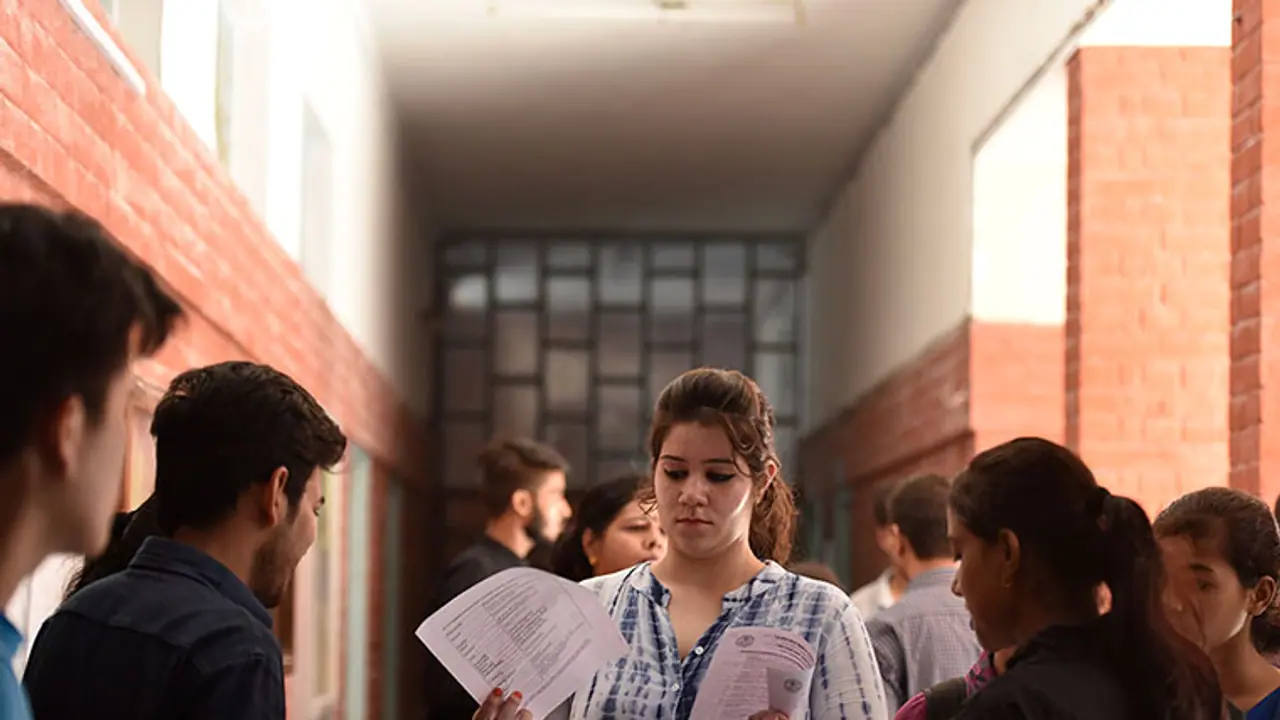Ministry of Human Resource Development in 2001 formulated the Direct Admission of Students Abroad (DASA) scheme. This year the scheme has been amended.

Recently, the government of India changed its scheme for expat students including NRIs and students of Indian origin looking to get admission in engineering and technical colleges in India. However, this change has been criticised by students and teachers for risking the future of the expatriate students.
Ministry of Human Resource Development in 2001 formulated the Direct Admission of Students Abroad (DASA) scheme. Under this scheme, foreigners, NRIs and students of India origin could take admission in undergraduate and post graduate courses in the premier technical institutions in India. Till last year, aspiring students required to complete two-year education in abroad in grade 11 and 12, and clear Scholastic Aptitude Test (SAT) to be eligible to get admission in India.
However, this year the scheme has been amended, and on April 1, the ministry has increased the duration of minimum foreign residency requirement from two years to five years.
Now, as per the new amended rule, the students coming from abroad will have to compete with regular students in India to get admission in the premier institutes.
According to the academicians in Gulf, this will impact many students of this region as students abroad do not have the same competitive edge and attitude as Indian students and also that the competition here is a taxing process, reported Gulf News. The principal of DPS Sharjah, Vandana Marwaha, reportedly stated that almost 25 percent students of standard 12 were aspiring to study in premier institutions in India and have been affected by the new rule.
Interestingly, parents of many Indian students studying in Gulf work for the Indian government and they are posted for three to four years.
To address the issue, CEO of Indian High School, Dr Ashok Kumar, has approached the Indian Ambassador to the UAE, Navdeep Singh Suri, reported the Gulf News. He was quoted as saying that students and parents have not been given enough time to make some alternate arrangement and that this change should have been implemented from next academic year. Many meritorious students will suffer because of this, and it is disappointing and de-motivating for students.
